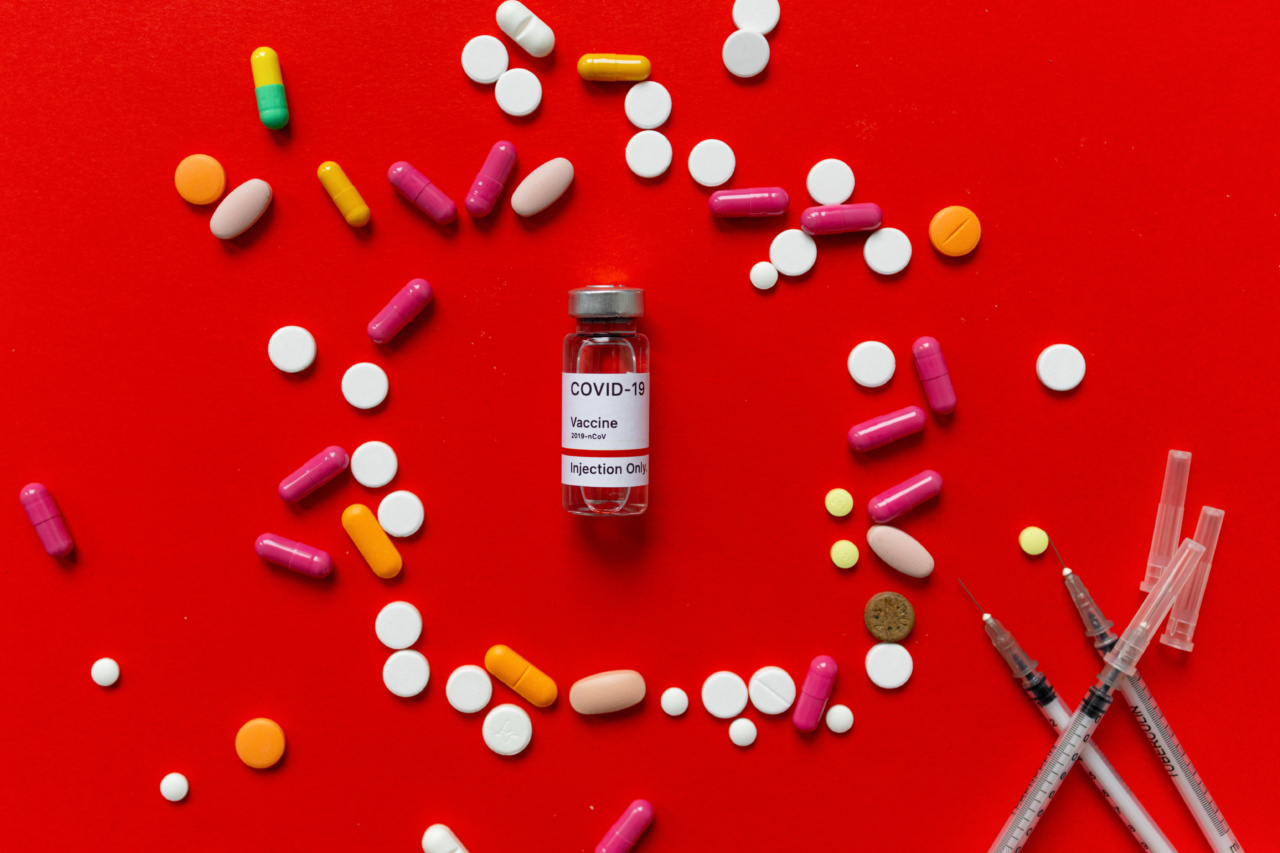The human body consists of many different organs and complex systems that work together to distribute nutrients, fight illnesses, and promote overall well-being.
Among these complex systems is the gut, which plays a crucial role in maintaining good health. The gut is home to trillions of bacteria that form the microbiome, which plays an essential role in digesting food, absorbing nutrients, and supporting the immune system.
Unfortunately, many medications have been found to have harmful effects on gut health, disrupting the delicate balance of the microbiome and causing a host of negative side effects.
Antibiotics
Antibiotics are among the most commonly prescribed medications in the world, and they have been instrumental in saving countless lives since their discovery.
However, antibiotics can have a significant impact on gut health, disrupting the natural balance of the microbiome and causing a condition known as dysbiosis. Dysbiosis can lead to many negative side effects, including digestive problems, weakened immunity, and increased susceptibility to infections.
In some cases, antibiotics can even lead to the development of antibiotic-resistant bacteria, making future infections much more challenging to treat.
NSAIDs
Non-steroidal anti-inflammatory drugs (NSAIDs) are a type of pain reliever commonly used to treat conditions such as arthritis, headaches, and muscle pain.
While NSAIDs can be effective at reducing pain and inflammation, they have been found to have negative effects on gut health, particularly with long-term, high-dose use. NSAIDs can cause damage to the lining of the gut, leading to inflammation, ulcers, and even bleeding. Additionally, NSAIDs can disrupt the balance of the microbiome, leading to dysbiosis and increased susceptibility to infections.
Proton Pump Inhibitors
Proton pump inhibitors (PPIs) are medications commonly used to treat conditions such as acid reflux and heartburn. PPIs work by reducing the amount of acid produced in the stomach, which can help alleviate symptoms.
However, PPIs have been found to have negative effects on gut health, particularly with long-term use. PPIs can disrupt the balance of the microbiome, leading to dysbiosis and increased susceptibility to infections. Additionally, PPIs have been linked to an increased risk of infections such as pneumonia and Clostridium difficile.
Corticosteroids
Corticosteroids are a type of medication commonly used to treat conditions such as asthma, allergies, and inflammatory bowel disease.
While corticosteroids can be effective at reducing inflammation and managing symptoms, they have been found to have negative effects on gut health. Corticosteroids can disrupt the balance of the microbiome, leading to dysbiosis and increased susceptibility to infections.
Additionally, corticosteroids have been linked to an increased risk of conditions such as osteoporosis and diabetes with long-term use.
Antidepressants
Antidepressants are a type of medication commonly used to treat conditions such as depression and anxiety. While antidepressants can be effective at managing symptoms, they have been found to have negative effects on gut health.
Antidepressants can disrupt the balance of the microbiome, leading to dysbiosis and increased susceptibility to infections. Additionally, antidepressants have been linked to an increased risk of conditions such as weight gain, sexual dysfunction, and suicidal thoughts.
Conclusion
Medications can have a significant impact on gut health, disrupting the delicate balance of the microbiome and causing a range of negative side effects.
While many medications are essential for managing conditions and saving lives, it is important to be aware of the potential impacts on gut health and take steps to minimize these effects. This may include taking probiotics, following a healthy diet, and working closely with your healthcare provider to monitor your medication use and adjust dosages as needed.
By prioritizing gut health, you can help promote overall well-being and reduce the risk of negative side effects associated with medication use.






























